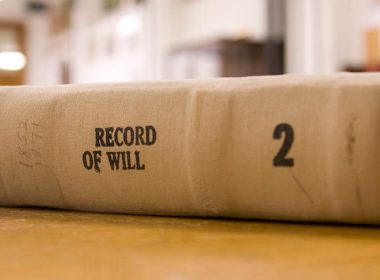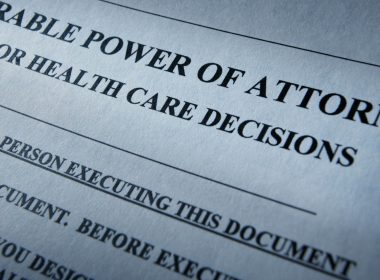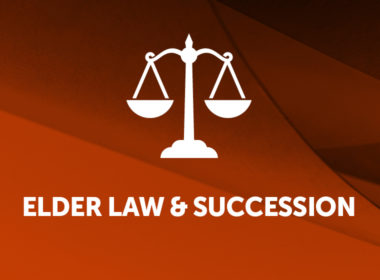Snapshot
- An attorney who acts outside their authority or in breach of their fiduciary duty will be liable to the principal and, after the principal’s death, to the executor or administrator of the principal’s estate.
- The legal personal representative (‘LPR’) must collect the assets of the deceased. If they don’t, they may be liable for devastavit.
- LPRs have the same remedies as the principal to recover the principal’s loss. The LPR is required to avail themselves of those remedies even if that involves taking action against relatives of the LPR.
- If the LPR doesn’t do this, an aggrieved beneficiary has various options; one is to commence a derivative action against the attorney, joining the LPR and all other beneficiaries.
It is relatively common for a client to trust to the same person both the management of their affairs during mental incapacity and the administration of their estate after death. If the attorney misuses this authority or breaches their fiduciary duty to the client, what action does a deprived beneficiary have after the client’s death?
The cause of action to recover the loss flowing from the misuse or breach is an asset of the deceased client’s estate. However the executor is unlikely to sue themselves to recover the loss.
There are also stultifying factors at play in cases where the executor and attorney are not aligned. The estate may be small; legal proceedings may be hazardous. Action by the executor could expose the executor to personal liability if unsuccessful, or where the costs exceed the assets in the estate and the excess can not be recovered from a wrong-doer. So what are the options ?




